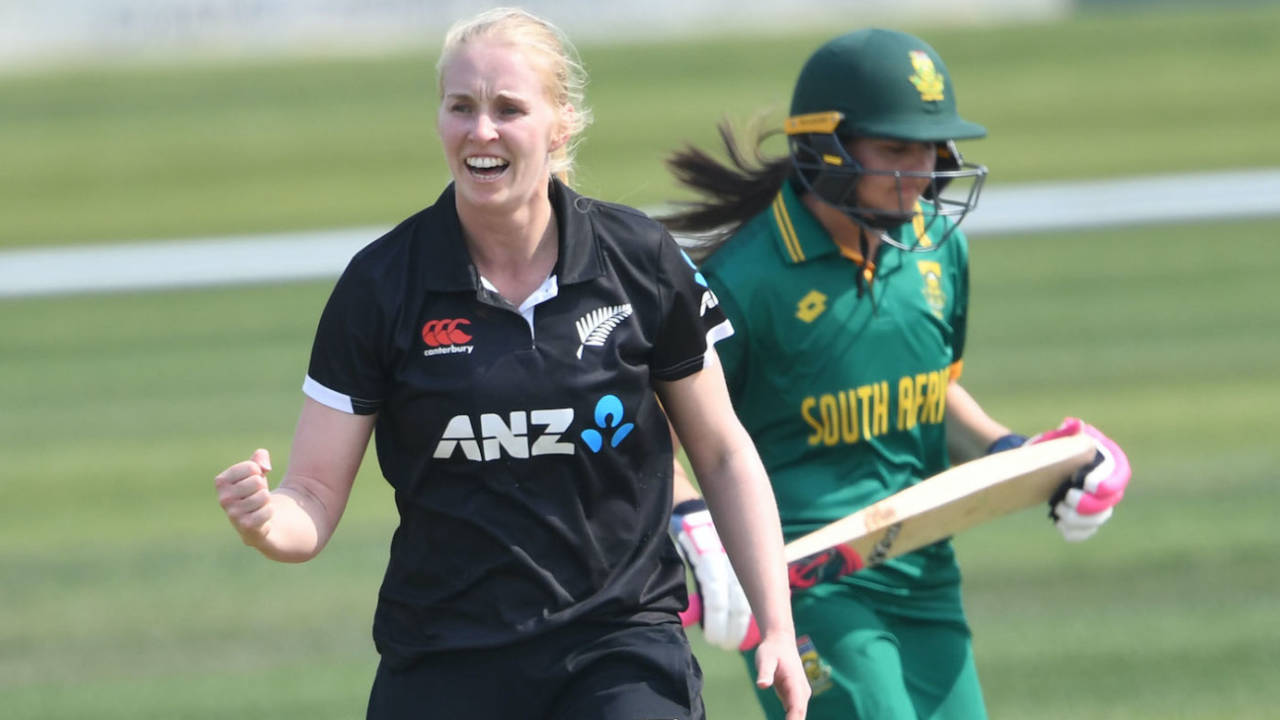
Cricket, a sport often described as a game of glorious uncertainties, has once again underscored this adage with an unfortunate turn of events for the New Zealand Women’s team, affectionately known as the White Ferns. Barely underway, their ODI World Cup campaign has been dealt a significant blow, forcing an immediate, and rather crucial, squad alteration.
A Dream Interrupted: Flora Devonshire`s Heartbreak
The casualty in question is 22-year-old left-arm spinner, Flora Devonshire. Poised to make her maiden appearance on the grandest stage of 50-over international cricket, Devonshire’s World Cup dream was abruptly shattered during a routine training session. A laceration to her bowling hand has rendered her unable to compete, with a recovery period of two to three weeks – effectively ruling her out of the entire tournament.
“We`re all feeling for Flora,” remarked head coach Ben Sawyer, his words undoubtedly echoing the sentiment within the entire White Ferns camp. “She worked hard to earn her spot in this squad and it`s a real shame her tournament is ending early.”
For any athlete, particularly a young talent on the cusp of a major debut, such an incident is nothing short of heartbreaking. The meticulous preparation, the anticipation, the culmination of years of effort – all undone by a single, cruel twist of fate. It serves as a stark reminder of the fragile nature of professional sport, where aspirations can pivot on an unexpected mishap.
Hannah Rowe: The Veteran Steps Into The Fray
In response to Devonshire’s forced withdrawal, the New Zealand selectors have turned to experience, calling up seamer Hannah Rowe. Rowe, a familiar face in the White Ferns setup with 60 ODIs under her belt, will now feature in her third ODI World Cup. Her immediate availability is a minor logistical challenge, as she will join the squad the day after New Zealand’s crucial match against South Africa on October 6th in Indore.
Coach Sawyer acknowledged the obvious tactical shift this replacement entails:
“Hannah`s obviously not a like-for-like replacement for Flora, but she offers an all-round skillset and has experience in sub-continent conditions.”
This statement, while pragmatic, highlights the strategic conundrum. Replacing a left-arm spinner, especially in the spin-friendly conditions often encountered on the subcontinent, with a fast-medium bowler presents a distinct change in bowling attack dynamics. While Rowe`s experience is invaluable, the team will need to adapt quickly to this unforeseen imbalance. The irony, for those who appreciate such things, is that a World Cup campaign, meticulously planned for months, can pivot on a single, unfortunate moment during a routine training session.
Navigating a Challenging Start and Future Fixtures
The squad alteration comes at a particularly sensitive time for New Zealand. They commenced their World Cup journey with a significant 89-run defeat against arch-rivals Australia, a result that already places them under pressure to perform in subsequent matches. The upcoming fixture against South Africa in Indore is now even more critical, followed by a clash with Bangladesh in Guwahati on October 10th.
The White Ferns face the dual challenge of integrating a new, albeit experienced, player into their lineup while simultaneously recovering from an opening loss and navigating an increasingly demanding tournament schedule. The ability to absorb such unexpected blows and adapt on the fly will be a true test of their resilience and championship aspirations.
As the White Ferns push forward, the spirit of teamwork and adaptability will be more vital than ever. The World Cup journey, it seems, has just become a little more complicated, but perhaps, also a little more compelling.








